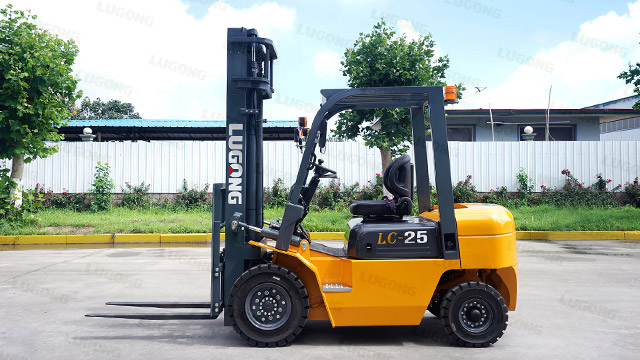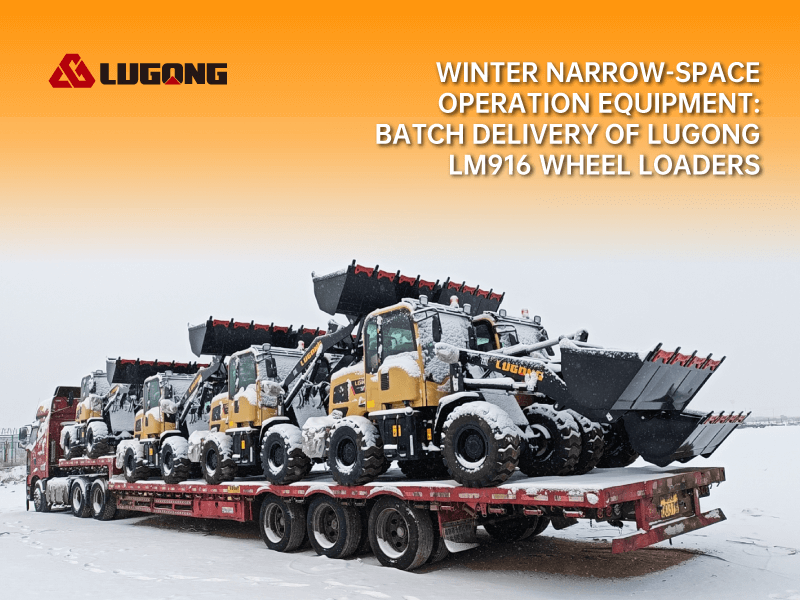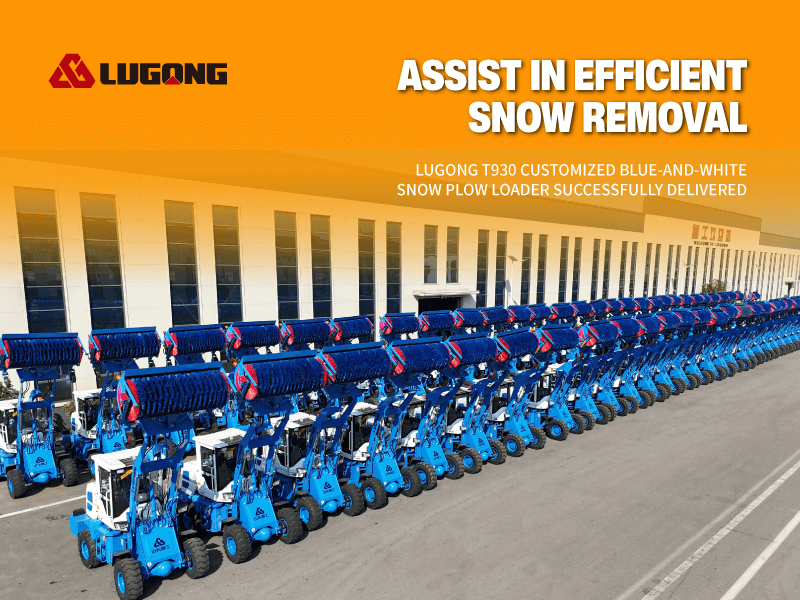How to Choose the Right Forklift for Your Business: A 10-Step Guide
Choose the Right Forklift Introduction:
Choosing the right forklift for your business is crucial for ensuring efficiency and productivity in your operations. With numerous options available in the market, it can be overwhelming to make the right choice. This 10-step guide will walk you through the process of selecting the perfect forklift for your business needs.

1. Assess Your Business Requirements:
Before diving into the forklift selection process, it is essential to evaluate your business requirements. Consider factors such as the weight and size of the loads you typically handle, the height of the racks, the type of terrain, and the number of operating hours per day. This assessment will help determine the specifications and features required in a forklift.
2. Determine the Forklift Type:
There are various types of forklifts available, each designed for specific applications. Common types include counterbalance forklifts, reach trucks, pallet jacks, and order pickers. Evaluate your business needs and select the type that suits your requirements best. For example, if you need to work in narrow aisles, a reach truck might be the ideal choice.
3. Consider Load Capacity:
Knowing the average weight of the loads you handle is crucial in determining the load capacity required in a forklift. It is essential to choose a forklift with a capacity that exceeds your heaviest load. Overloading a forklift can lead to accidents and equipment damage.
4. Evaluate Mast Height and Lift Height:
The mast height and lift height are essential considerations, especially if you work with high racks or need to stack loads to a significant height. Ensure that the forklift you choose has the required mast height and lift height to meet your operational needs.
5. Analyze Power Options:
Forklifts can be powered by various sources, including electric batteries, diesel, or propane. Consider the pros and cons of each power option. Electric forklifts are quieter and emit zero emissions, making them suitable for indoor use. Diesel forklifts, on the other hand, offer higher lifting capacities and are more suitable for outdoor applications.
6. Assess Maneuverability:
Evaluate the maneuverability requirements of your business. If you operate in tight spaces or have narrow aisles, a forklift with excellent maneuverability features, such as a small turning radius, will be beneficial. Consider factors like wheelbase, steering system, and turning radius when selecting a forklift.
7. Look for Safety Features:
Safety should be a top priority when choosing a forklift. Look for features such as seatbelts, lights, backup alarms, and ergonomic designs. Additionally, consider advanced safety features like stability control systems and anti-tip mechanisms to enhance operator and load safety.
8. Consider Maintenance and Serviceability:
Regular maintenance and servicing are essential for keeping your forklift in optimal working condition. Evaluate the availability of spare parts, the reputation of the manufacturer or dealer for after-sales service, and the ease of maintenance when choosing a forklift.
9. Test Drive and Operator Training:
Before finalizing your decision, take the opportunity to test drive the forklift model you are considering. This will give you a feel for its performance and ergonomics. Additionally, ensure that your operators receive proper training to operate the chosen forklift safely and efficiently.
10. Budget and Cost Analysis:
Finally, consider your budget and conduct a cost analysis. Compare the initial purchase cost, fuel consumption, maintenance, and operational costs for each forklift option. Choose a forklift that offers the best value for money while meeting your operational needs.
Choose the Right Forklift Conclusion:
Choosing the right forklift for your business requires careful consideration of your specific requirements. By following this 10-step guide, you can ensure that the forklift you select is tailored to your needs, promotes safety, and enhances productivity in your operations.


